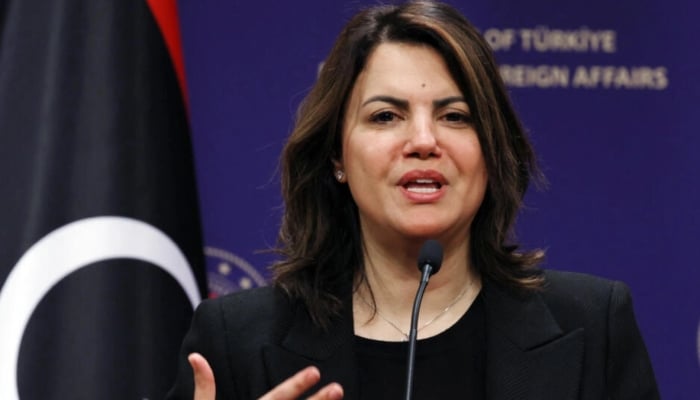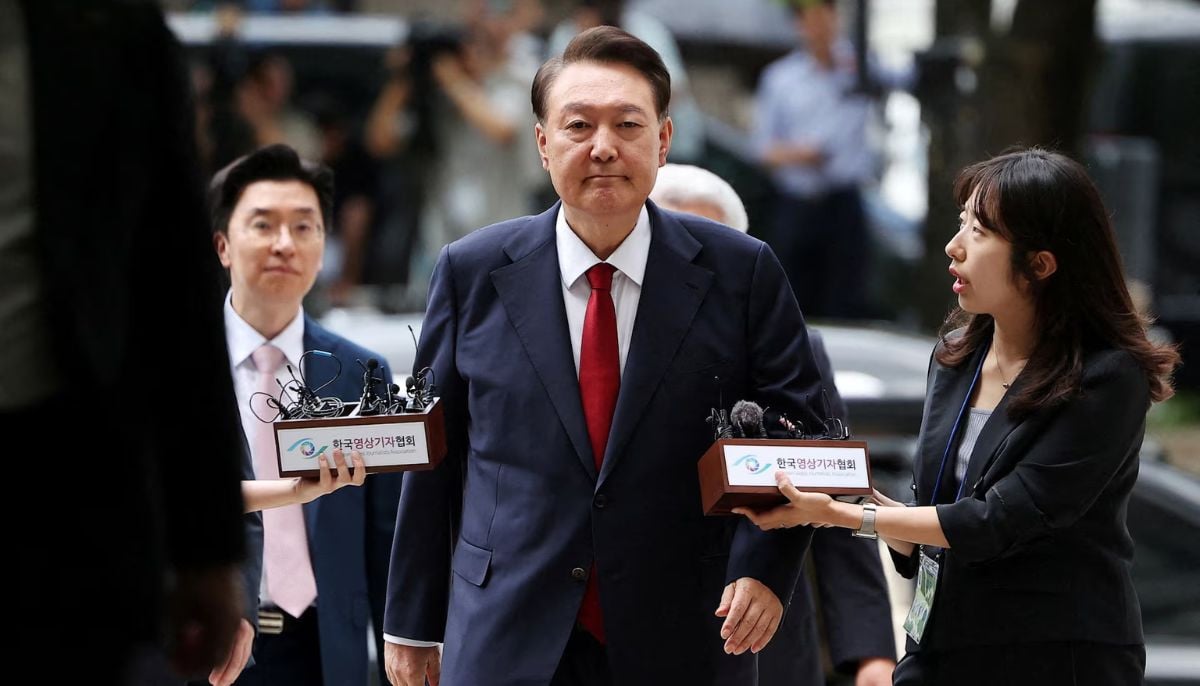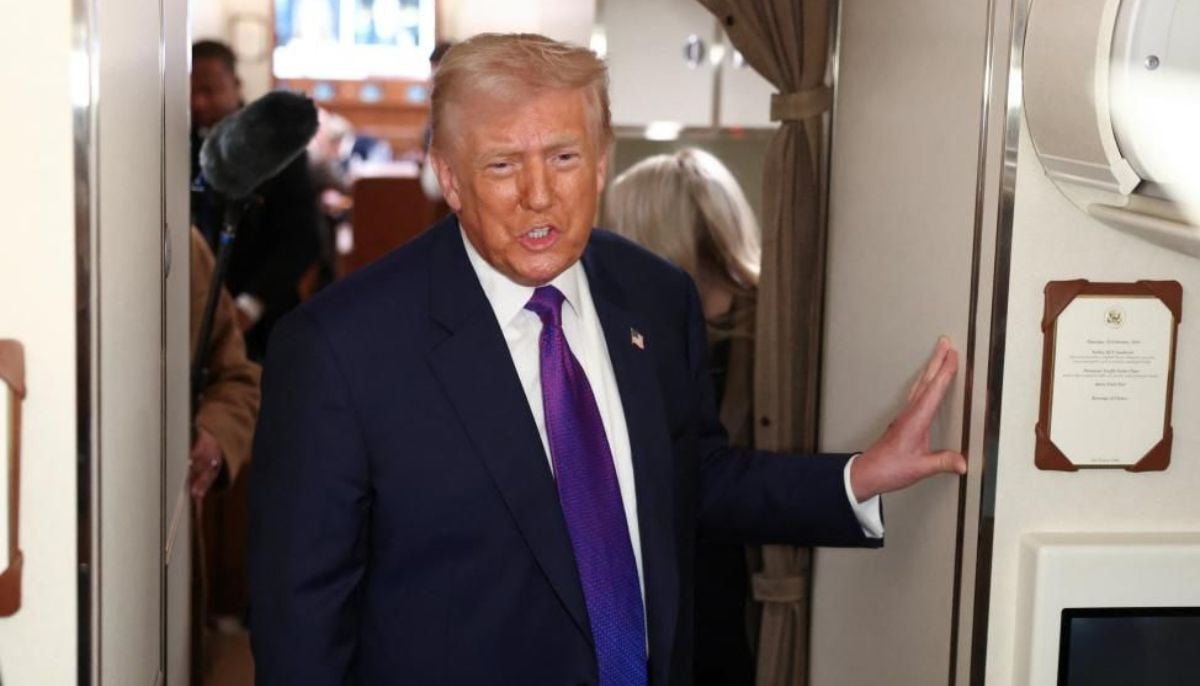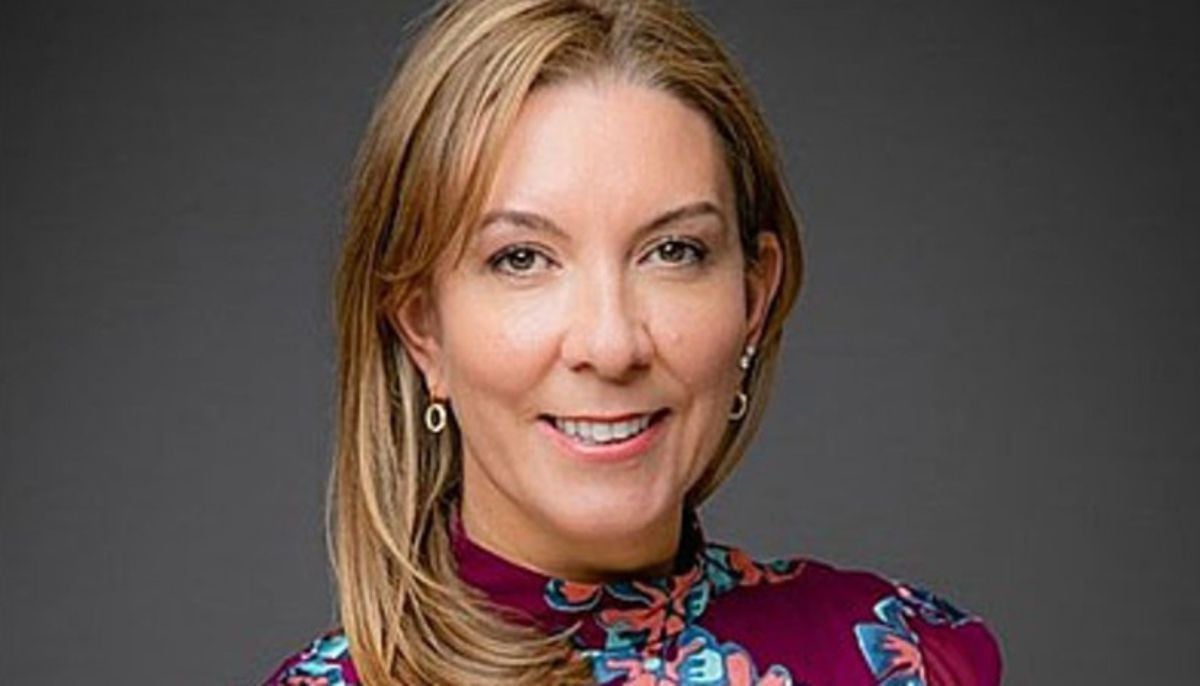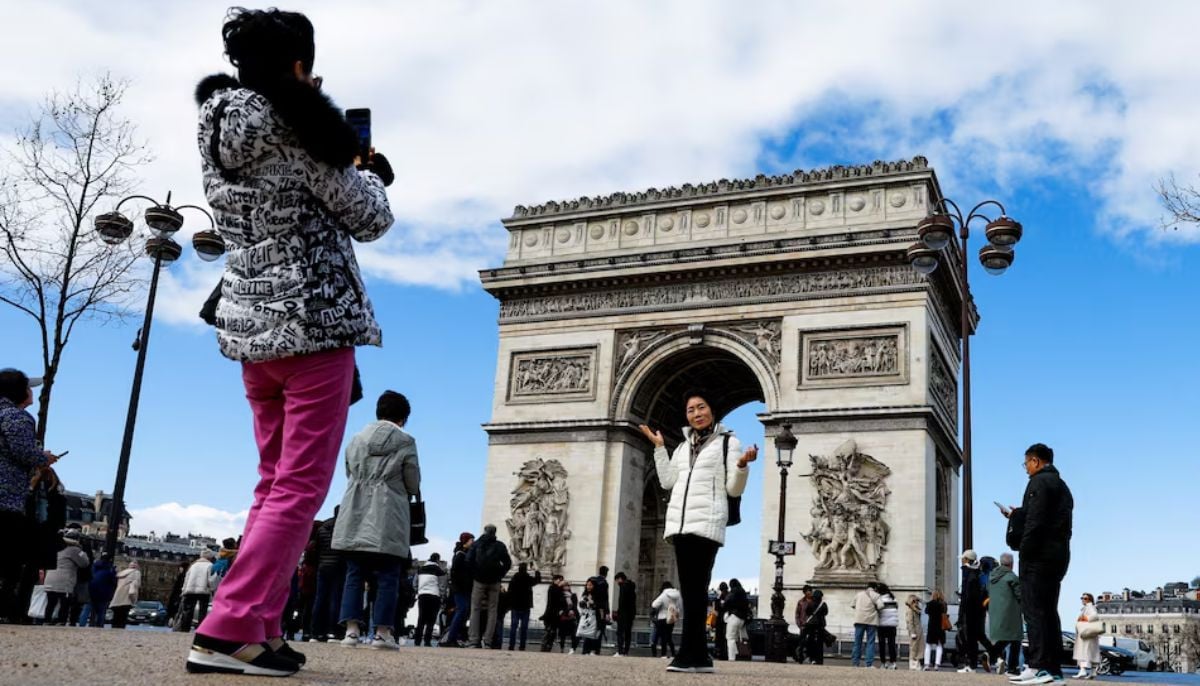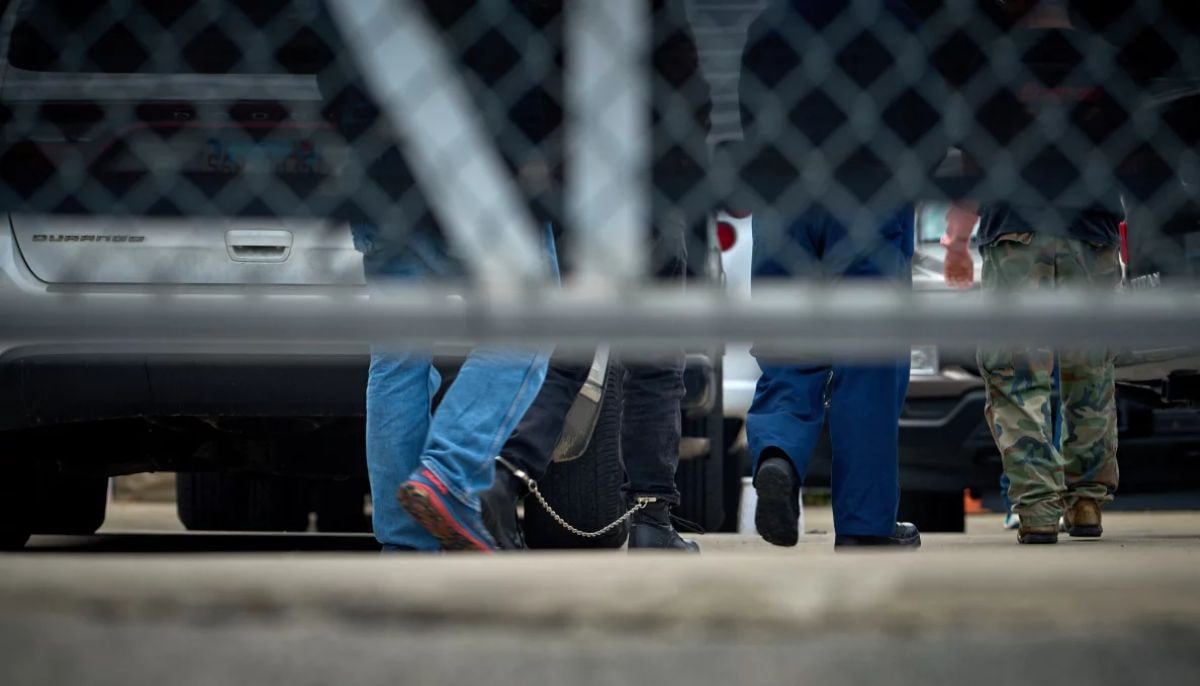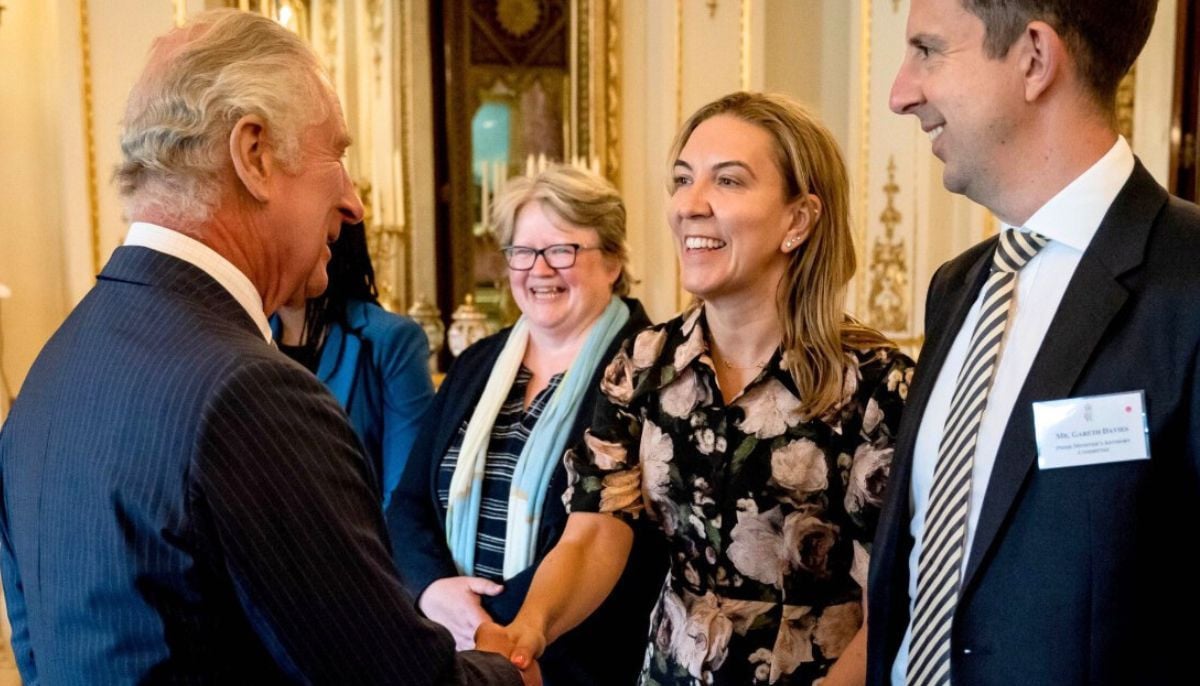Libyan FM Najla Mangoush flees country after outcry over meeting Israeli counterpart
Israeli foreign ministry's disclosure of meeting led to political uproar and nationwide street protests
Najla Mangoush, the foreign minister of Libya, has left the country following the revelation of a confidential meeting in Rome with her Israeli counterpart, that sparked outrage among Libyans.
The Israeli foreign ministry's disclosure of the meeting led to a political uproar in Tripoli and two nights of nationwide street protests.
Mangoush had already been suspended by Prime Minister Abdul Hamid Dbeibah when news of the meeting broke. Initially, officials claimed the meeting was spontaneous and unplanned.
President Abdul Hamid Dbeibeh initiated an investigation, but Mangoush later asserted that she wouldn't have attended the meeting without the prime minister's knowledge and consent. Reports suggest she has left for Turkey.
The Israeli foreign ministry's decision to unilaterally disclose the meeting's occurrence seemed ill-advised, given the strong reaction in Libya.
While pro-Palestinian protests are uncommon in Libya, the outcry resulting from this incident is likely to discourage other Arab leaders from pursuing closer ties with Israel. Trust in the Israeli diplomatic service's ability to maintain confidentiality could be undermined.
The initial Israeli statement indicated that Foreign Minister Eli Cohen and his Libyan counterpart al-Mangoush discussed various matters, including the preservation of Libyan Jewish heritage. The meeting was hosted by Italy's Foreign Minister Antonio Tajani and was described as a groundbreaking diplomatic effort between the two countries.
The Libyan foreign ministry attempted an unconvincing cover-up, stating that the Rome encounter was a chance and unofficial meeting during discussions with the Italian foreign minister, devoid of substantial agreements or consultations.
In Libya's deeply divided political landscape, where rival administrations exist, Dbeibeh's authority is already fragile due to clashes between militias and his reliance on Turkey for support. The meeting's news led to protests and calls for clarification.
Libya's presidential council, an executive body with representatives from the country's provinces, denounced the meeting as against Libyan laws that prohibit normalisation with the 'Zionist entity.' They urged the head of government to take appropriate action.
The situation also impacts Italy's Prime Minister Giorgia Meloni, who has invested diplomatic efforts to curb illegal migration from Libya to Italy. Italy has substantial interests in Libya's oil industry, making this incident potentially detrimental to Meloni's standing.
Israeli normalisation with Libya faced challenges due to the country's divided administrations. Even the head of the Libyan Jewish Union advised against the meeting. Secret discussions might have occurred previously, possibly extending beyond the Tripoli administration.
-
Daniel Radcliffe wants son to see him as just dad, not Harry Potter
-
Nancy Guthrie kidnapped with 'blessings' of drug cartels
-
Heavy snowfall disrupts operations at Germany's largest Airport
-
France sees record 102mn international tourists in 2025
-
ICE deports Congolese mother despite fears she could be killed
-
Keir Starmer appoints 'Dame Antonia Romeo' as first female head of UK service
-
Russia sounds alarm over Iran tension as US forces surge in region
-
France on red alert: Storm Pedro batters southwest following record 35 day rain streak
